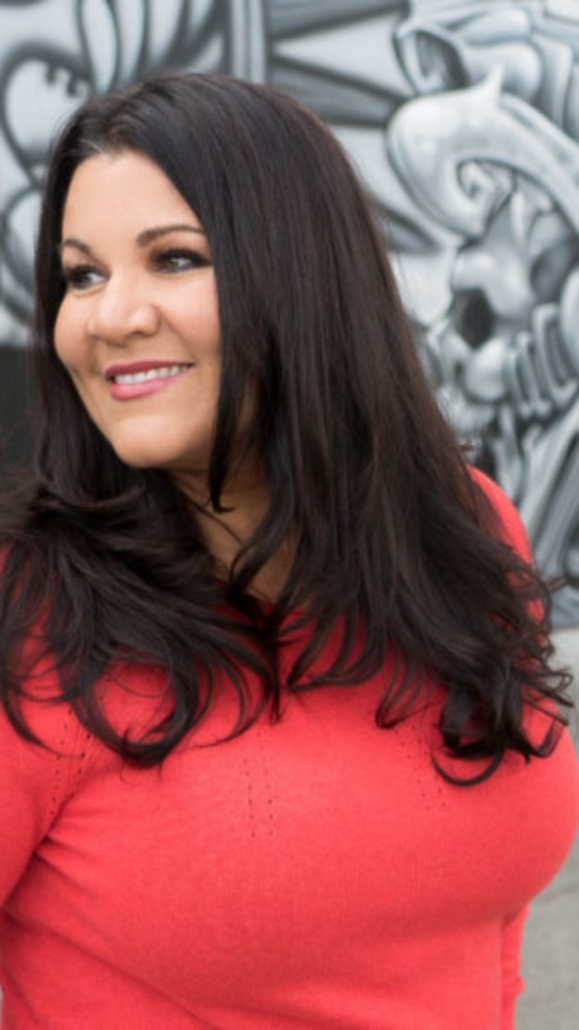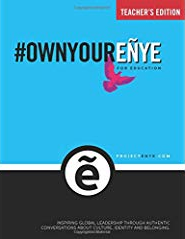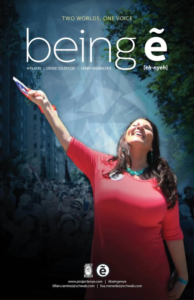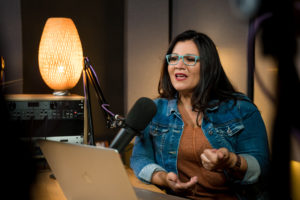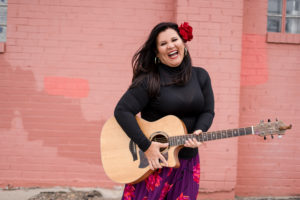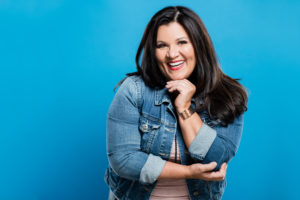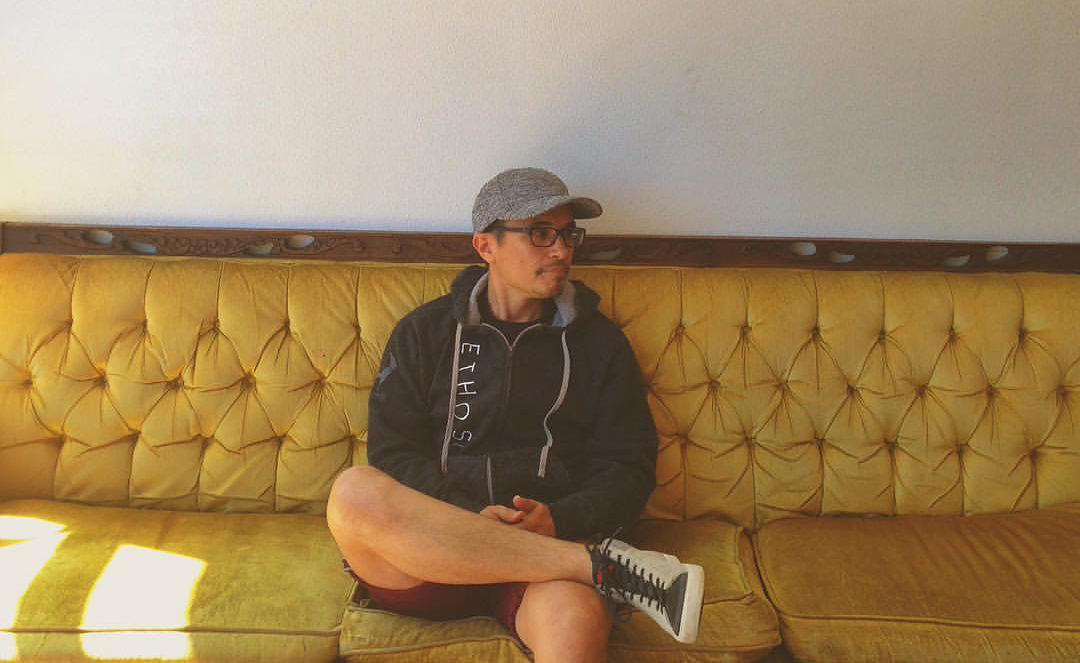
Based in Denver, Colorado, Charles Carpenter is married with three daughters. He’s is an entrepreneur and the powerhouse creative director for Wigwam Creative. Charles is an eñye although he was raised by his father in Washington state, his mother is from and lived in El Salvador most of his life. Without his mother’s culture present in his childhood, he speaks of his El Salvadoran “other side” as a hidden and mysterious part of his identity.
TRANSCRIPT:
We were at camp, summer camp and my counselor was like’ oh are you adopted?’ I was like ‘no’. >> She is a different skin color, a little bit darker so people would be like ‘which one of you is adopted?’>> Even though guess I kind of look like it I know I am not completely Hispanic so I don’t see the point of putting it down. >> I just think it’s part of our culture, I don’t see why you would not want to be proud of it.
Charles: I mean, Mia all her life has known one reality of what our family make –up is and there’s been this mysterious kind of hidden part. It is very obvious when you meet abuelita, she is not like you other grandma at all. >> No. >> And so there’s this whole business of kind of discovering and connecting back with that and finding out what that is. (Music) My mother is from El Salvador and my father is from Granger Washington, and I was born in the city of Topenish which is actually an Indian Reservation in Washington State. My mom and dad divorced early. I was five. So just the way that that all panned out, I was raised with my dad. The Carpenter side of the family is very family oriented but my sister and I would stick out because we were the only ones in this Anglo family that had this melanin in us so we were brown and I even remember stories about when I born and the nurses, they thought that I was a cute little baby but they called me Charlie Brown because I was different in that regard from the other Carpenters. In El Salvador common street food is the pupusas with crutido and that is just something that my dad always —- we had the smell and the food and the people was very comforting and familiar and so it is kind of cool that I always had that kind of touch- down with my culture. It was the one thing I had that I felt I could connect with. What breaks the spell is that people, the minute, naturally they see me and the start engaging with me in Spanish and I can’t talk back and it is a very frustrating thing. It’s frustrating for two reasons, one, I am a little disappointed in myself that I can’t talk back and so I feel like I am letting myself down a little bit and then the other thing is the look on the faces of the people engaging me, like, why don’t you know Spanish? You look like you should know this.

